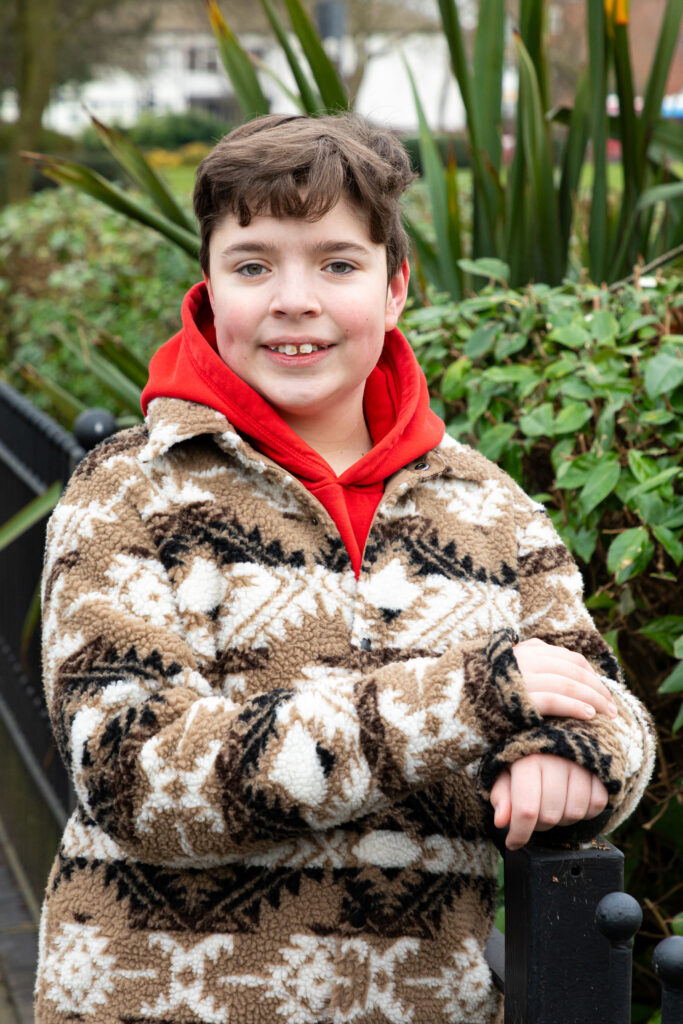Influencing Government data
All paths lead to the Office for National Statistics (ONS)
We discovered that many organisations were using the same questions in their surveys and other research. These questions and wording came from the ONS.
ONS and sports
An example of this is the sport sector. When we talked to sports and activity organisations about being more inclusive, they tended to use the same questions, which we could see would miss many autistic people. They asked things like ‘Do you have any physical or mental health conditions or illnesses lasting or expected to last for 12 months or more?’
Autism is not a physical health condition, nor a mental health condition, nor an illness, so many autistic people would select ‘no’ to these questions. Yet the organisers were under the impression that this question would gather information about autistic people.
In those questionnaires, only autistic people who were willing to say that autism is a physical or mental health condition or illness would be counted, and the organisers had no idea this was the case.
These questions often come from one of the major government-funded organisations in the sport world – Sport England, who in turn were using wording from the ONS.

Influencing the harmonised standards
The ONS creates standard wording for all sorts of topics, so that government data is consistent and can be compared across different departments and areas of government. These are called harmonised standards. We have identified that a problem with the harmonised standard for disability, which was published in 2011, is having knock-on effects for autism data almost everywhere we look.
We contacted the ONS and explained the problem: the wording had been adapted from the Equality Act 2010 but had introduced the issue described above, narrowing the focus to physical and mental health and illness. We are very happy to hear that this standard is now under review, and in February 2025 we learned that the first phase of that work has taken this problem on board. The ONS team will now do more research with people with lived experience, government departments, charities and other organisations to understand how to solve the problem. Find out more on the ONS website.
We will be as involved in that process as we possibly can, seeking ways to include the views of our Community Advisory Panel. It is vital that the new harmonised standards ask questions in ways that are respectful of autistic people and their experiences and preferences.
Take Action
Help shape our suicide prevention work by joining our Community Advisory Panel.

